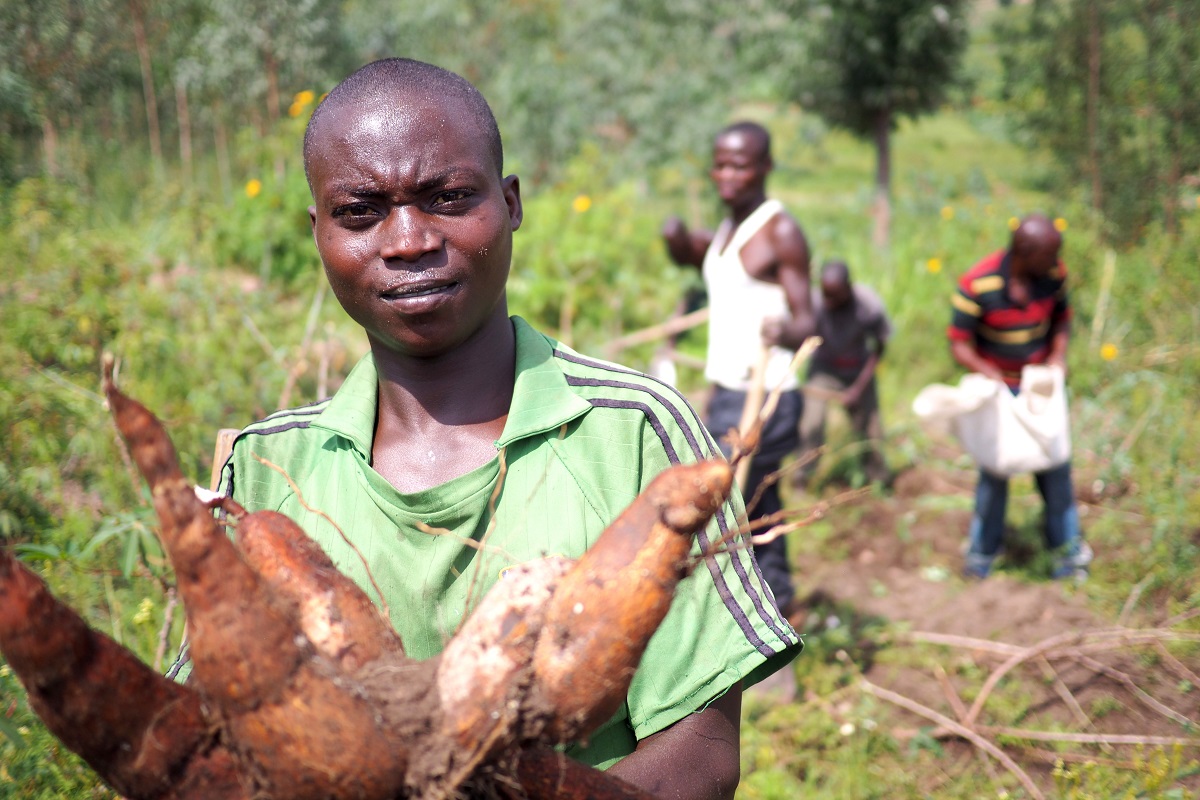
African Farmers to Gain Economic Benefits From Having Efficient Regulatory Systems -Experts
June 29, 2022| |
The International Food Policy Research Institute and economists from Tanzania, Nigeria, Uganda, and Ghana analyzed the expected economic benefits from the adoption of genetically modified (GM) crops in five sub-Saharan African countries. The results of their study show that substantial economic benefits are gained by both farmers and consumers from the timely adoption and planting in farmers' fields of GM crops through an efficient regulatory system.
A research paper published by Frontiers in Plant Science focused on case studies about the insect resistant cowpea in Nigeria and Ghana, the disease resistant cassava in Uganda and Tanzania, and the disease resistant banana in Uganda. The results of the study highlighted the following:
- Participatory economic and social assessments are valuable to decision making because decision makers need to consider which socio-economic issues and assessments should be included in a regulatory process.
- Delays caused by the R&D process and regulatory reviews significantly reduce the anticipated benefits. Policymakers and decision makers are encouraged to invest in policies and programs to improve these factors and foster the availability of GM crops to farmers and consumers.
- Decision makers need to consider investing in effective extension practices and seed systems.
- Value chain, seed systems, and market intelligent analysis are recommended prerequisites to deployment of GM-based crop improvement.
The results provide importance on a competent and efficient biosafety regulatory system in place to guarantee that improved varieties reach farmers on time for beneficiaries to reap the intended economic benefits. Delays caused by R&D and regulatory compliance issues significantly reduce the rates of return. Having an evidence-based, efficient, predictable, and transparent regulatory system can potentially lead to farmers gaining timely access to safe and valuable GM crops.
Read the full paper in Frontiers in Plant Science to learn more.
| |
You might also like:
- Africa's Biosafety Agencies Seek to Harmonize Approaches to Regulatory Systems
- Biotech a Tenable Solution to Addressing Hunger in Africa, Experts Say
- Experts Highlight Importance of Coordinated GM Seed Policies in African Region
Biotech Updates is a weekly newsletter of ISAAA, a not-for-profit organization. It is distributed for free to over 22,000 subscribers worldwide to inform them about the key developments in biosciences, especially in biotechnology. Your support will help us in our mission to feed the world with knowledge. You can help by donating as little as $10.
-
See more articles:
-
News from Around the World
- African Farmers to Gain Economic Benefits From Having Efficient Regulatory Systems -Experts
- US FDA Favorably Concludes HB4® Wheat Food and Feed Safety Evaluation
- Bohol Governor Invites Biotech Experts to Showcase GM Crop Benefits to Farmers
- Workshop to Explore Policy Considerations for Gene Editing in Asia and Australia
- EFSA Releases Assessment of New Sequencing Information for GM Cotton DAS-24236-5 × DAS-21Ø23-5
-
Research Highlights
- Researchers Pinpoint Plant Gene Involved in Drought and Salt Stress Tolerance
- Study Finds Gene Liked to Photosynthetic Inhibition and Oxidative Damage Under Salt Stress
- Gram Pod Borer-Resistant Chickpea Development Progresses in India
-
Read the latest: - Biotech Updates (January 21, 2026)
- Gene Editing Supplement (December 17, 2025)
- Gene Drive Supplement (February 22, 2023)
-
Subscribe to BU: - Share
- Tweet

